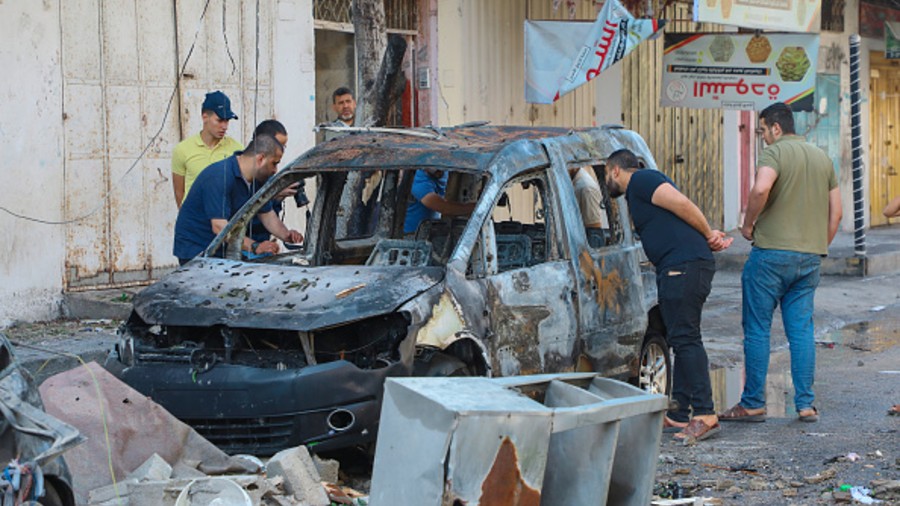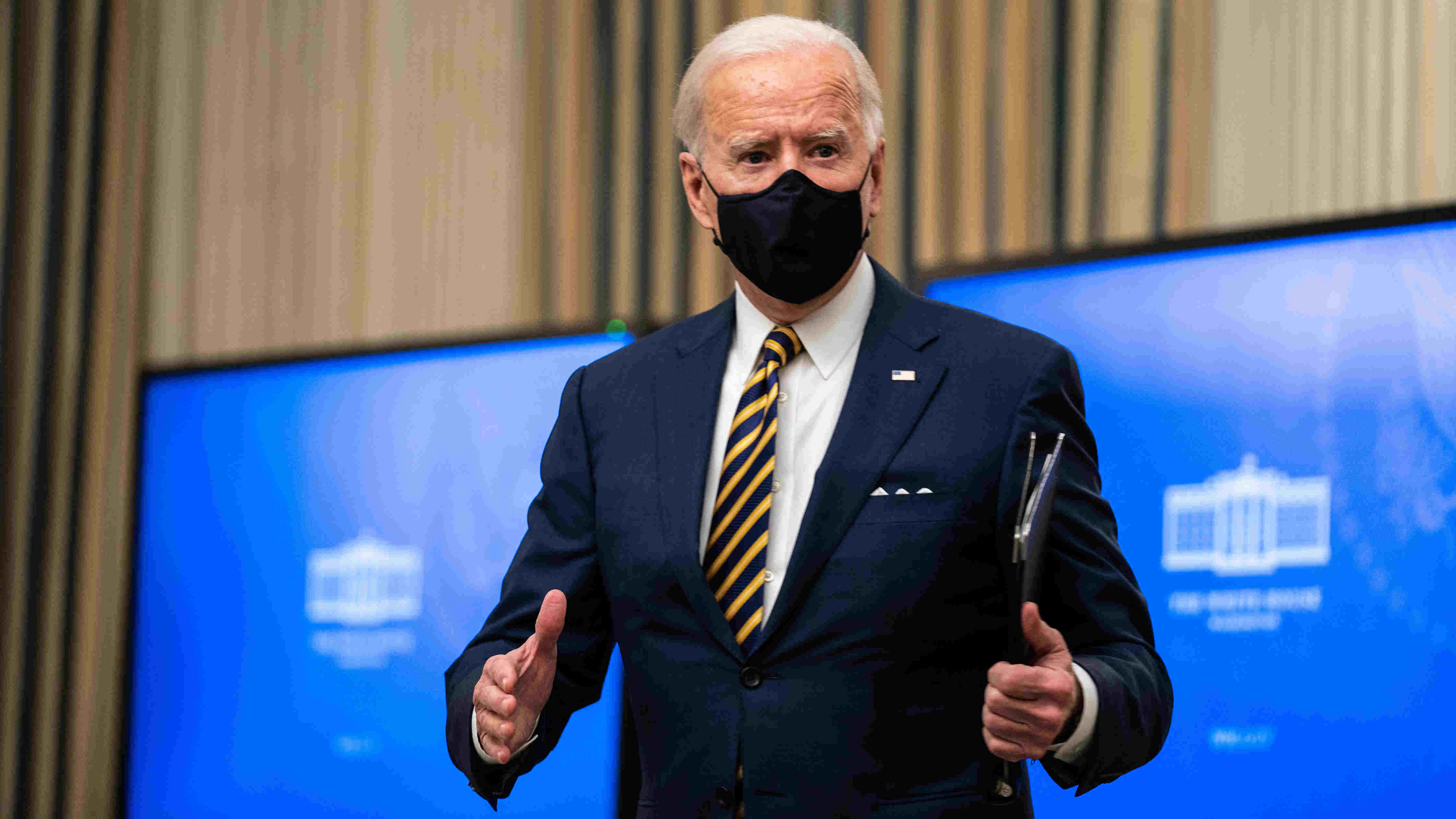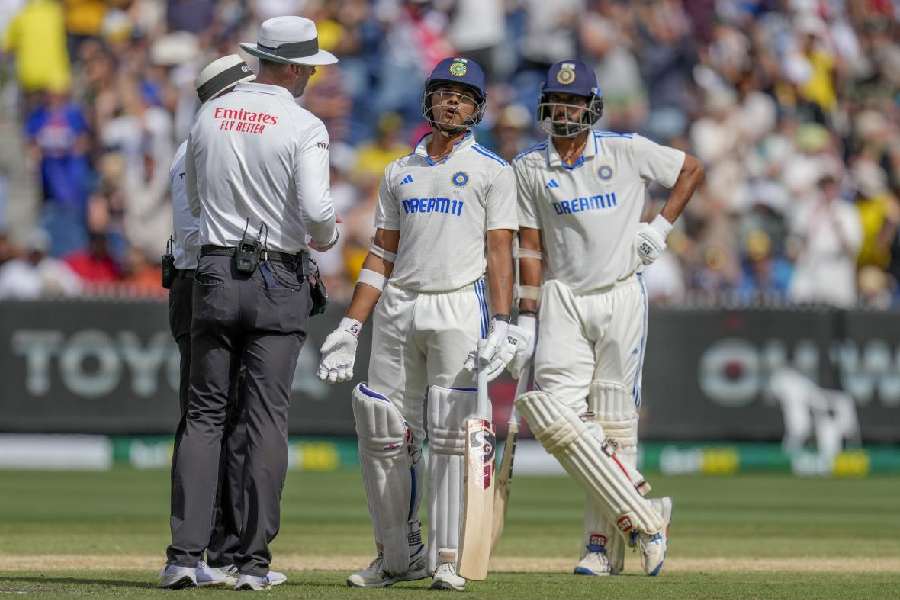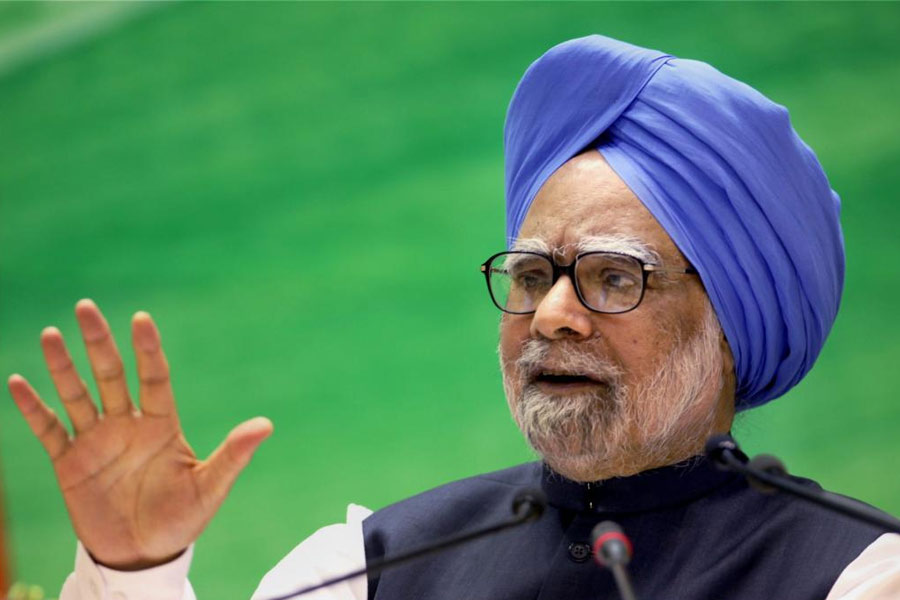Israeli Prime Minister Benjamin Netanyahu vowed to press on with operations against Gaza’s ruling Hamas militants after US President Joe Biden urged him to seek a “de-escalation” on Wednesday in the 10-day conflict on the path to a ceasefire.
An Egyptian security source said the two sides had agreed in principle to a ceasefire after help from mediators, although details were still being negotiated in secret amid public denials of a deal to prevent it from collapsing.
Palestinian medical officials said that since fighting began on May 10, 227 people had been killed in aerial bombardments that have destroyed roads, buildings and other infrastructure, and worsened the already dire humanitarian situation in Gaza.
Israeli authorities put the death toll at 12 in Israel, where repeated rocket attacks have caused panic and sent people rushing into shelters. Regional and US-led diplomatic efforts to secure a ceasefire have intensified but so far failed.
Netanyahu has repeatedly hailed what he has described as support from the US, Israel’s main ally, for a right to self-defence in battling rocket attacks from Gaza.
But Biden put the Israeli leader on notice in a telephone call that it was time to lower the intensity of the conflict.
“The two leaders had a detailed discussion on the state of events in Gaza, Israel’s progress in degrading the capabilities of Hamas and other terrorist elements, and ongoing diplomatic efforts by regional governments and the United States,” White House spokeswoman Karine Jean-Pierre told reporters.
“The President conveyed to the Prime Minister that he expected a significant de-escalation today on the path to a ceasefire.”
Nearly 450 buildings in densely populated Gaza have been destroyed or badly damaged, including six hospitals and nine primary-care health centres, and more than 52,000 Palestinians have been displaced, the UN humanitarian agency said.
The damage has left large craters and piles of rubble across the coastal enclave.
“Whoever wants to learn about the humanity of the (Israelis) should come to the Gaza Strip and look at the houses that got destroyed on top of those who lived in them,” said university lecturer Ahmed al-Astal, standing by the rubble of his house in Khan Younis in southern Gaza.
He said there had been no warning before his home was destroyed in an air strike before dawn. Israel says it issues warnings to evacuate buildings that are to be fired on and that it attacks only what it regards as military targets.
The hostilities are the most serious between Hamas and Israel in years, and, in a departure from previous Gaza conflicts, have helped fuel street violence in Israeli cities between Jews and Arabs.
The conflict has also spilled over to the Israel-Lebanon frontier and stoked violence in the occupied West Bank.
Four rockets were launched towards Israel from Lebanon on Wednesday, the third such incident since the Gaza conflict began, the military said. Israeli forces responded with artillery fire towards targets in Lebanon.
In the West Bank, Israeli troops shot dead a Palestinian woman who the military said had fired a rifle at troops and civilians at a bus stop. The latest deaths in Gaza included three Palestinians killed in overnight air strikes, one of them a journalist with Hamas’s Al-Aqsa radio station, officials said.












